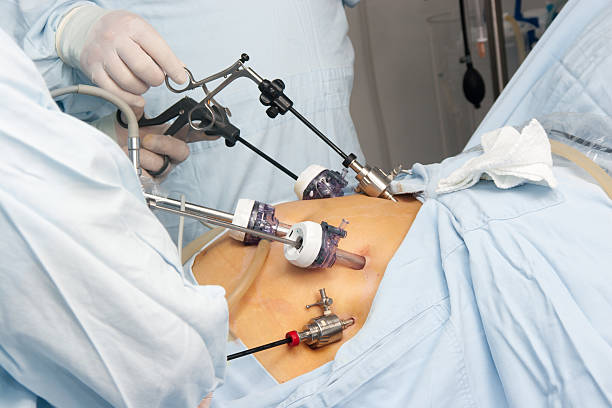-
Mon -Sun: 10.00Am - 2.00Pm
& 05.00Pm - 9.00 Pm
Taking care of you, from the inside out
Taking care of you, from the inside out
Home || Our Services || Laparoscopy
Laparoscopy, sometimes called minimally invasive surgery or keyhole surgery, is a surgical technique that enables gynecologists to assess, identify, and manage a variety of gynecological disorders.The pelvic organs can be precisely and thoroughly visualized thanks to the laparoscope’s real-time image transmission to a monitor.

Choose the best for yourself. Book your appointment today!

The benefits include reduced postoperative pain, shorter hospital stays, quicker recovery, and less scarring. Patients often experience less blood loss during laparoscopic procedures compared to traditional open surgery.
Recovery time varies depending on the specific procedure and the patient's health. In general, patients can return to normal activities more quickly than with traditional surgery. Recovery may take a few days to a few weeks.
While laparoscopy is generally safe, like any surgery, it carries some risks. Potential complications include infection, bleeding, or damage to surrounding organs. These risks are usually lower than those associated with traditional open surgery.
Not all surgeries are suitable for laparoscopy. The feasibility depends on the specific procedure, the patient's health, and the surgeon's expertise. Some complex or emergency surgeries may require traditional open approaches.
Patients may experience some discomfort after laparoscopic surgery, but it is generally less than with traditional surgery. Pain can be managed with medication, and most patients find the recovery process more tolerable.